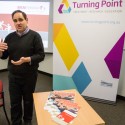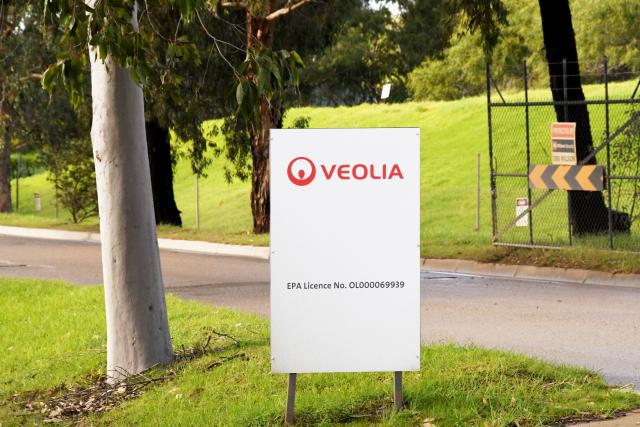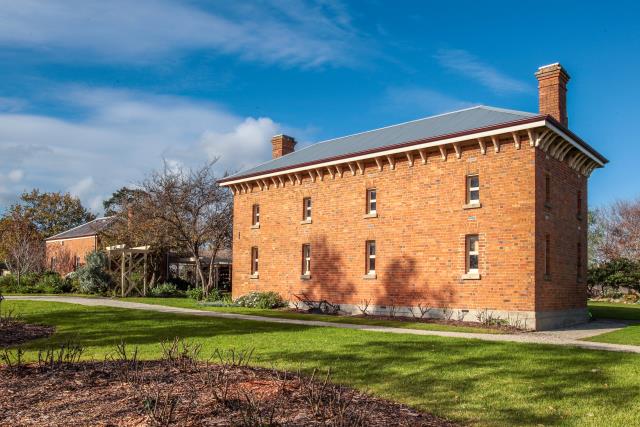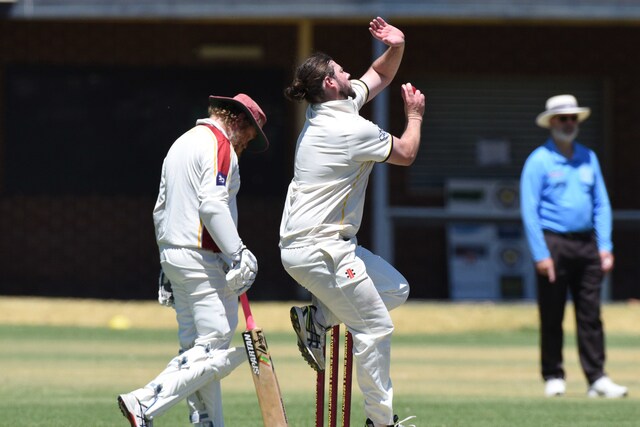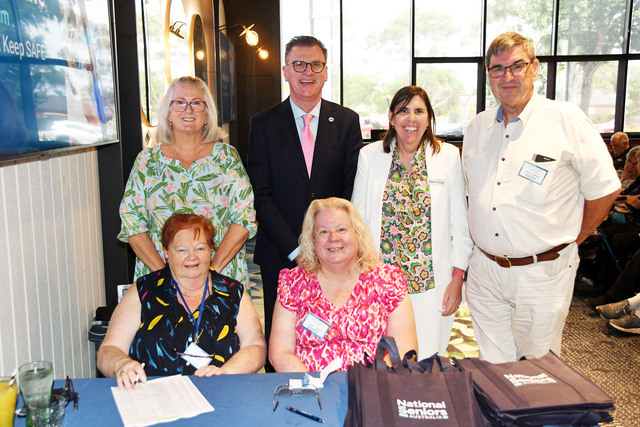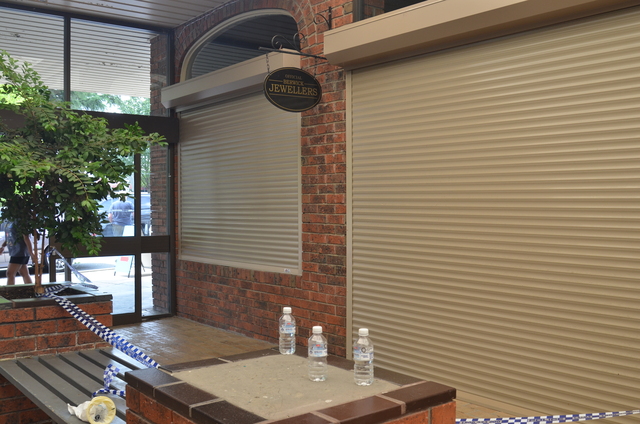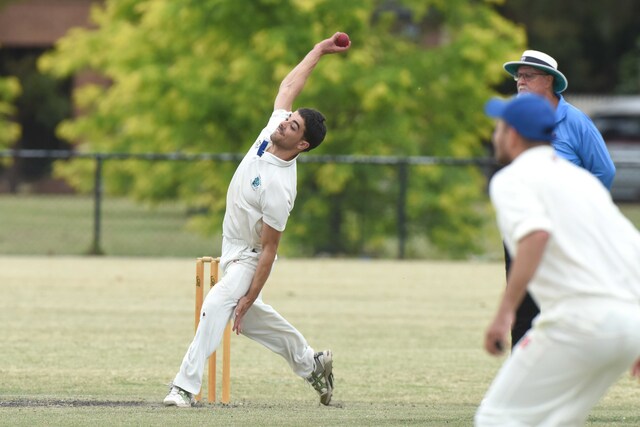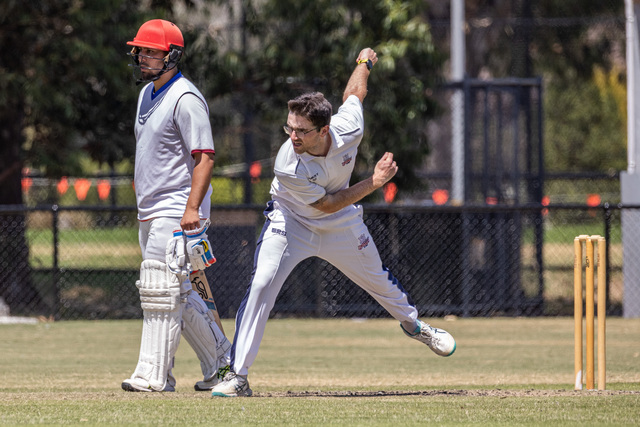By CAM LUCADOU-WELLS
THERE is light at the end of the tunnel for loved ones of ice users- and it isn’t necessarily an oncoming train, says a drug-and-alcohol public education officer.
Dean Rogut, of drug support and treatment agency Turning Point, is heading a free advice workshop for affected families in Narre Warren on 12 August.
“We remind people to take care of themselves.
“They get so caught up in the life of one person. They live it 24 hours, seven days a week so their own personal health – mental and otherwise – suffers.
“So we say talk to a GP, counsellor or call a (helpline) phone number. Take some time for yourself.”
At these meetings, Mr Rogut talks about how to help a loved one on ice, and how to get them off the drug.
He says families meet others in similar predicaments and realise they are not alone at the forums.
Local support group contacts are shared, or otherwise a local support group may be formed by the workshop participants.
Mr Rogut thinks there’s more acceptance and less stigmatisation of families of ice-users.
“The No.1 barrier is stigma.
“Families have been reluctant to access help because they’re worried what people will think about them. What kind of family are they?
“We are trying to break down those barriers and say it’s not your fault.”
Mr Rogut said counselling, helplines and cognitive therapy were the most effective options to detox and rehab, which are bogged down in long waiting lists.
It was important to drill down to what motivates the user to take ice and how to cope.
“Demand outstrips supply for detox and rehab, but the State Government is putting more money into that area.
“However, detox and rehab aren’t the only options.”
There’s a “mythology” that all ice users become aggressive. Nevertheless, the users who do fly into high-end tirades are terrifying and distressing for their families, he says.
Mr Rogut says the main thing is to keep safe, talk calmly, try not to antagonise and make the “hard call” to triple-zero if need be.
He advises families and friends to communicate with ice users. Tell them you’re there for them, ask them what you can do and encourage them to talk to you.
In one case he recalls a mother locking herself in a room and weeping in the midst of her son’s ice-fuelled psychosis.
Hearing her sobs, the son then calmed down and began to question the impact on his mum.
“It can be heart-breaking but people get through it.
“People at the workshops think they’re isolated but they find out others have got through it.”
Ice addiction isn’t necessarily a long-term affliction, Mr Rogut says. About two-thirds of ice users who seek treatment are clean and remain clean.
The repairing happens when the user stops taking the drug, he says.
“You are not giving up just a drug, you’re giving up a lifestyle.”
The free workshop is open to anyone affected by an ice user.
It is co-developed by Self Help Addiction Resource Centre (SHARC) and the Bouverie Centre, and is funded by the State Government
It is at Littlecroft Family Resource Centre, 51A The Strand, Narre Warren on 12 August, 5-8pm.
Details and bookings: turningpoint.org.au/education/breakthrough
If you need help, call Turning Point’s DirectLine on 1800 888 236, the state’s ICE ADVICE line on 1800 423 238 or Family Drug Help on 1300 660 068.

